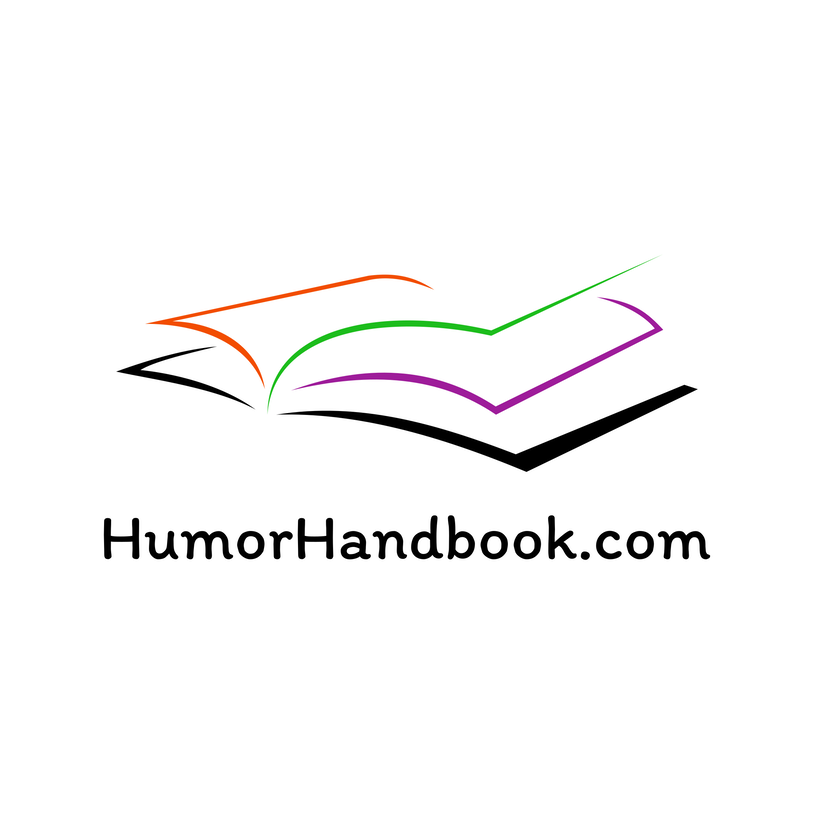Welcome to the Humor Handbook Project. This project has been a long-time in the making, and will be sharing tips, techniques, and a tad bit of history and theory in a series of handbooks on humor and comedy-writing in its various forms.
Click here to see our postings and work-in-progress.
This project was launched on /2/24/23. I chose this day because it would have been the 65th birthday of my kid brother, JD, who was the funniest person know. So here’s to you, little bro, and the many times you made shake my head and laugh.
You’ll find postings here that are a part of the HumorHandbook.com Project. My goal is to offer concise, actionable techniques as well as a bit of history to salute my favorite authors, songwriters, scriptwrighters, and standups. I’d like to develop a community of helpful, funny, and kind practitioners and mentors. You’ll notice that I include the word kind. I won’t be exploring everything that makes people laugh. Hateful, put-down or attack comedy isn’t my thing, nor is material that contributes to negative and hurtful stereotypes. You’ll need to go elsewhere to find that.
At times, I’ll use the terms humor and comedy interchangeably, but there are differences. Humor is often a tone or technique included to make otherwise dry, informative prose lively, much in the spirit of Bill Bryson or Mary Roach. They both educate but amuse. I believe the best non-fiction makes extensive use of humor. Humor has an amped-up cousin, comedy. The key difference is that comedy may educate and make us think, but it is specifically crafted to entertain first and foremost. If it’s not packed with laugh after laugh, it’s not succeeding as comedy.
But you’ll have to forgive me if I blur this distinction at times. My assumption is that writers often fall on a spectrum, and that any specific project may send them to one end or the other. But the tips and techniques are much the same. It’s up to a writer to decide which must come to the fore.
As far as the postings here, some of these are partial listings with some of the content being password-protected. This is to keep search engines from grabbing this all and limiting my ability to use it later in a book. Most reputable publishers want some of the content held back so that their buyers are getting content that is not out there on the web. This is particularly important now that AI is gobbling material, reworking it just slightly, and not giving credit or compensation to the creators.
I’m open to suggestions and feedback, especially when it comes to spotlighting emerging talent or resources you’ve found helpful. Email me at robb@humorhandbook.com.
Finally, here are some links that may be helpful. Click here to see the postings-category on this site that deal with the humor handbook. There’s also this link to ThinkingFunny.com, our humor-conference and videos, and you can check out our not-specifically-focused on humor events and resources on the Events4Writers.com website.
Thanks for stopping by. I hope you have a great writing session today, and make yourself laugh at least once. That’s an order!
You may email suggestions or comments to us here via admin@humorhandbook.com. Stay tuned for the fun.
Robb























